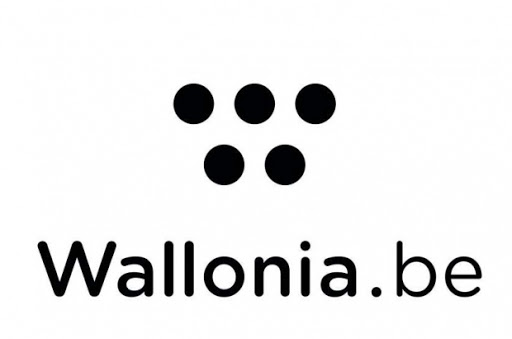EPC for SSPA, a new challenging application for DC/DC converters
Supported by Belspo and ESA (Artes line), Thales Alenia Space in Belgium has signed a contract with Thales AVS for the development of an Electronic Power Conditioning system for a Solid State Power Amplifier (EPC for SSPA). The field of satellite communication is rapidly expanding and requires more and more data throughput (>1Gbps) to satisfy the needs of broadband Internet, Internet of Things (IoT), cloud computing applications, etc.
In addition, many applications require system flexibility to be able to redirect communication in real time to specific geographical points, to support, for example, coverage of particular events.
In this context, new transmission solutions have been developed, based on the concept of AESA (Active Electronicaly Steerable Antennas). Such antenna operation consists in arranging radiating elements (2D) side by side which together form the transmission antenna array. A specific RF signal is then injected into each element of the antenna to form multiple communication channels, oriented according to the need, thanks to the phase shifts of the signals of each element (spatial combination). Active antennas on recent Satcom satellite contain up to several hundreds of elements, each needing an RF amplifiers that must be powered. The RF power of each amplifier is quite limited, which makes it possible to use Solid State Power Amplifiers (SSPAs).
Ongoing development in this field focus on the usage of higher frequencies (Ka band and beyond) and the improvement of their efficiency. An important part in these developments is linked to the power supply towards the multiple RF amplifiers. For several years now, Thales Alenia Space in Belgium has been developing an EPC (Electrical Power Conditioning system) architecture that allows the simultaneous supply of several SSPAs per equipment. The optimization of this equipment is particularly critical due to the large number of channels per satellite and the relatively low efficiency of each RF amplifier (< 30%). The challenging requirements on the EPC have pushed Thales Alenia Space in Belgium to introduce innovations in terms of DC/DC conversion topologies, novel technologies (planar transformer, µ-heatpipe...) as well as the integration of specific ICs (developed in-house by Thales Alenia Space in Belgium) which allow to bring the performance of the EPC to the required level.
With the signature of this development contract, Thales Alenia Space in Belgium has taken an important step in the development of this new type of DC/DC convertor, which will be embarked on concrete missions.



